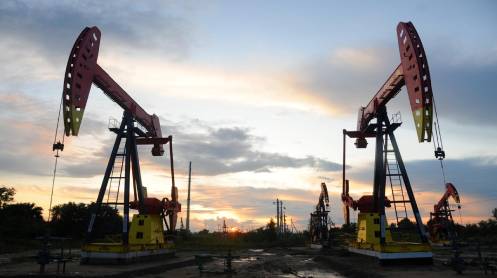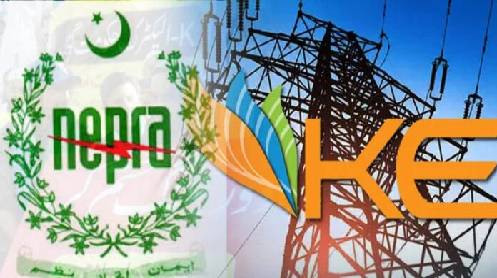KARACHI: The oil sector anticipates a substantial Rs25 billion annual increase in operating costs and a staggering Rs250 billion burden for refinery upgrades due to the recent sales tax exemption.
Industry representatives voiced their concerns to journalists on Tuesday, highlighting that the exemption, introduced by the Finance Act 2024, poses significant financial challenges. The policy, effective July 1, 2024, exempts essential fuels like petrol, high-speed diesel, kerosene, and light diesel oil from sales tax. While designed to benefit consumers, it inadvertently increases operational costs for the oil industry and complicates refinery upgrades.
Previously, these fuels were ‘zero-rated’, allowing oil companies to claim input taxes on services and equipment used for production. The new exemption invalidates these claims, leading to around Rs70 billion in outstanding input taxes accrued up to June 30, 2024.
Industry representatives stressed that under Ogra regulations, fuel prices are government-set, limiting companies’ ability to pass on additional costs to consumers. They warned that this financial strain could deter foreign investment, crucial for refinery modernization, new refinery construction, and infrastructure development for oil marketing companies (OMCs).
The policy contradicts the government’s Refining Policy for Upgradation of Existing Refineries, which aims to attract over $5 billion in investment for modernization. Refineries caution that the sales tax exemption undermines the benefits of this policy and planned investments in energy security.
The industry has approached the Federal Board of Revenue, Ogra, and the Petroleum Division for a solution but has not received a response. Representatives urge the government to either remove the exemption or develop an alternative mechanism for cost recovery.
Story by Tanveer Malik







